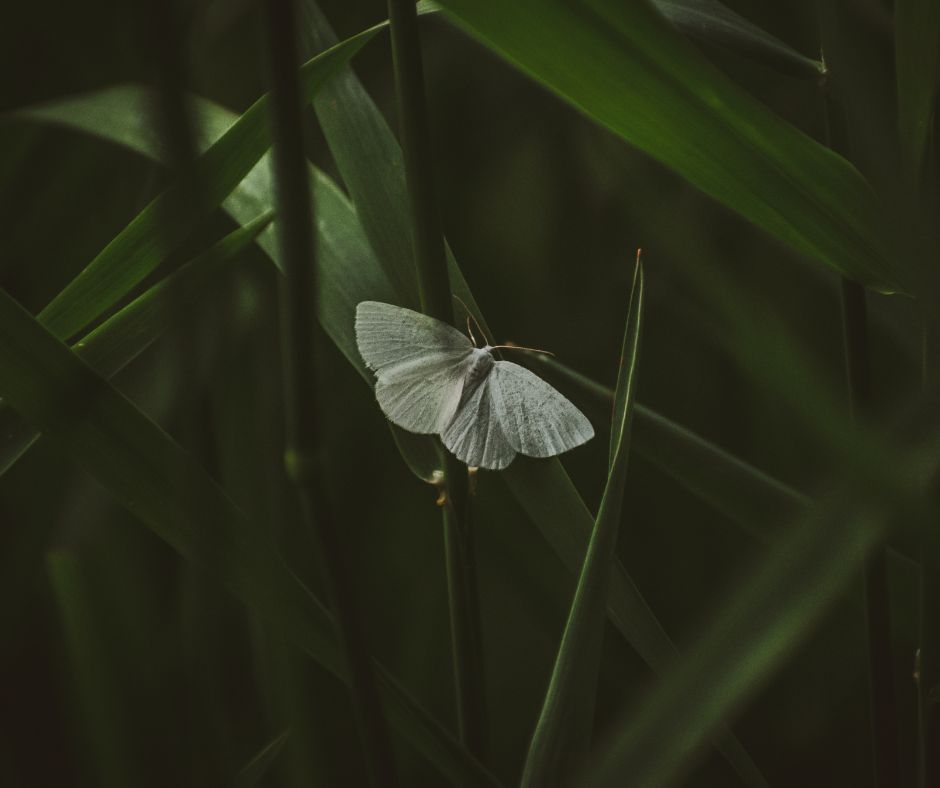
I hope you are enjoying being outside in the longer, warmer days that summer offers us. Have you also managed to venture out at dusk, or at night time?
I love walking out at nighttime, when the business of day is over, to feel the quietness away from the noise and bright lights. I feel that nighttime heightens my awareness; I have to tune in to other senses apart from vision. Gradually I let my eyes adjust to the lower light and listen. If you feel safe it can be a rewarding experience. Or you could sit outside in low or no light and listen and observe natural nightlife.
It seems we are becoming more aware of encouraging planting pollinator-friendly plants around Frome. I have seen pockets of wildflowers in unexpected places and they look so beautiful. As we know, this is a great way of supporting insects such as bees and butterflies, but what about our night insects, our nocturnal visitors? Can we start to encourage nocturnal wildlife in our natural areas too?
There is a concept called a ‘moon garden’, an area in our gardens, wild patches, window boxes that we plant to focus on encouraging nocturnal wildlife like moths, beetles and bats. These creatures visit at night to feed on different plants. A night-scented garden is beautiful for us to enjoy too, as well as the wildlife. Just sitting in the fading light, smelling the scents and watching the insects feast can be rewarding. It is suggested that growing light-coloured flowers is a good start as these are visible in low light and white petals can reflect moonlight. Strongly scented flowers can attract night time pollinators, plants such as jasmine, light-coloured foxgloves, oxeyea daisy, meadowsweet, night-scented stock , honeysuckle, evening primrose and others. The variety of moths that visit can be amazing and these are beautiful creatures. There is such a variety of moths that can visit our wild places, I think it’s worth encouraging them, just to be able to see them – but they are key pollinators, too. Also take a moment to look up at the night sky, meteor showers fly across the sky from mid-July to late August. Maybe you will be lucky enough to hear or see a scurrying hedgehog or spy a bat overhead. Time spent in wild places at night can be very rewarding.
Our next gathering will be pond dipping at Welshmill pond on 15thAugust – spaces are limited so please head to bit.ly/wild-bunch-24 to book, or to sign up for our monthly newsletter to hear about topics and gatherings that we are arranging.

